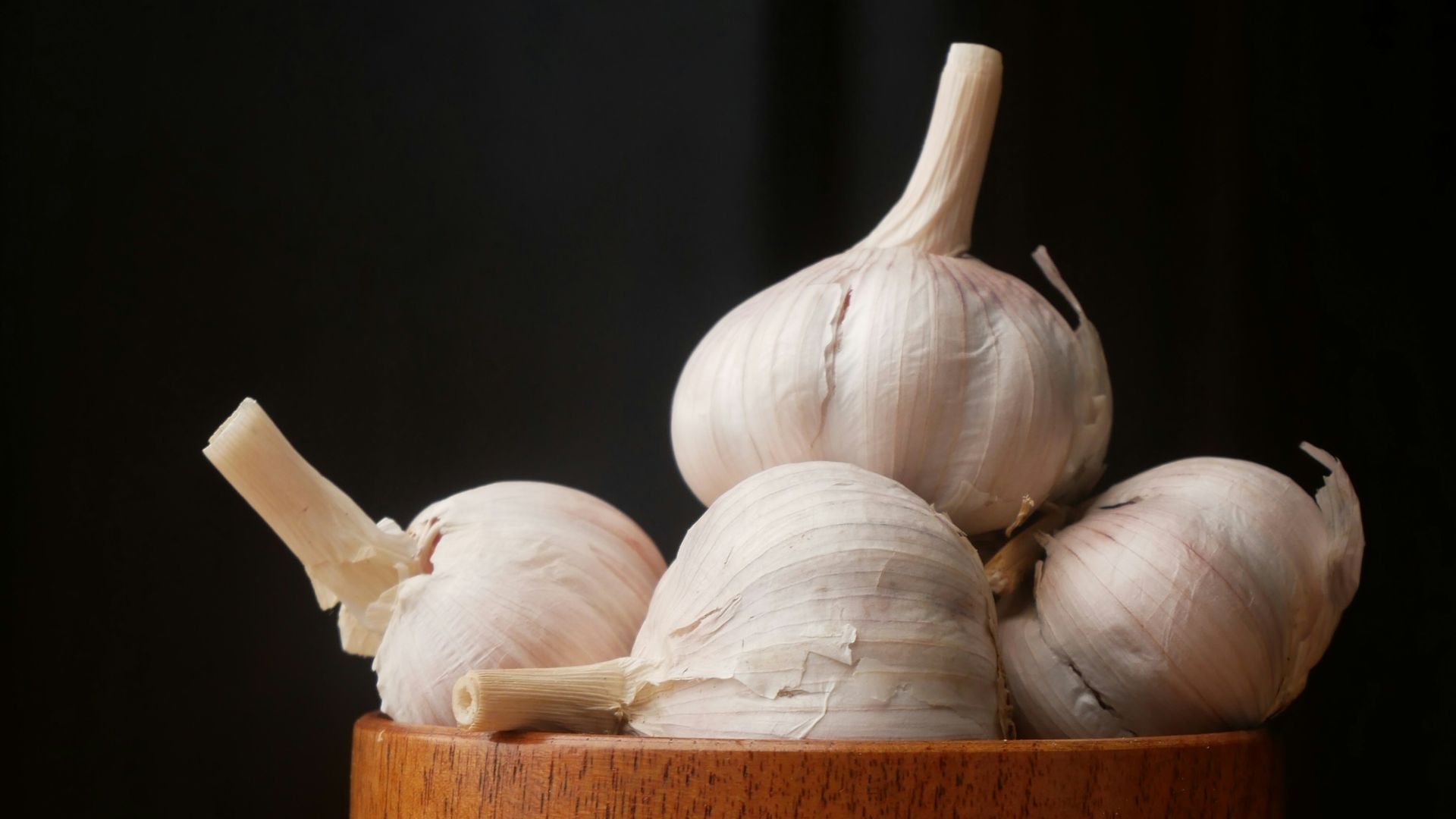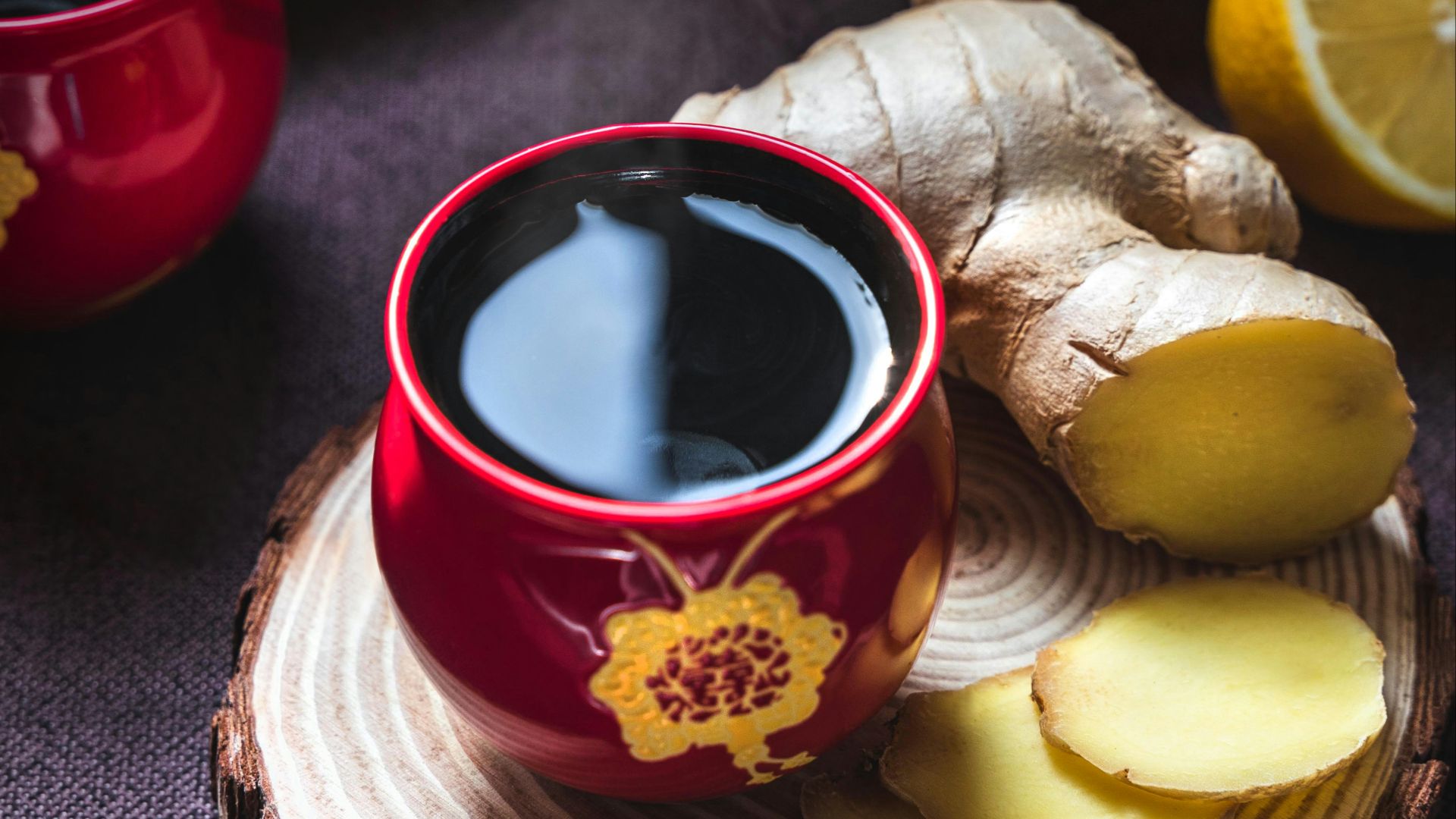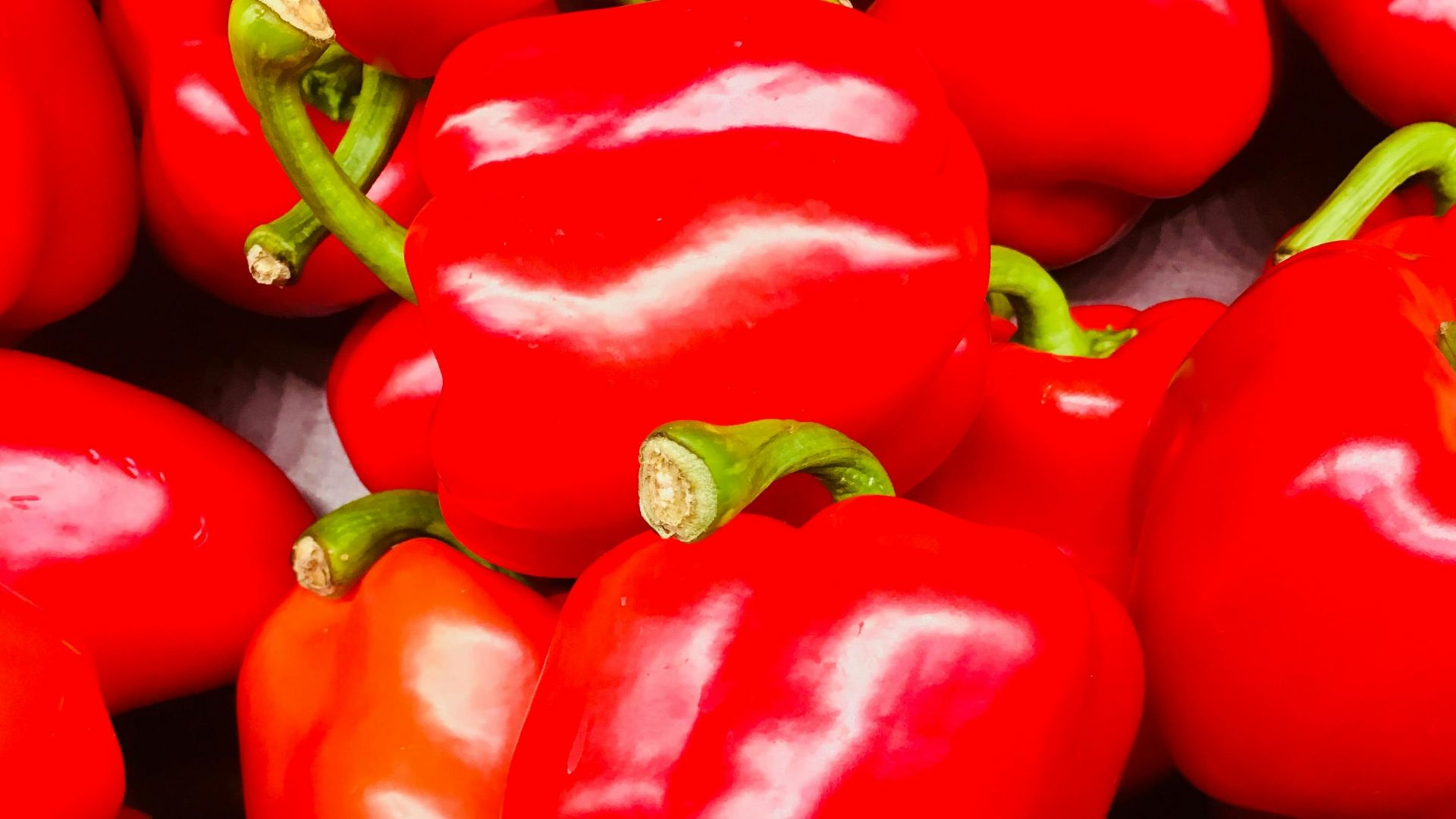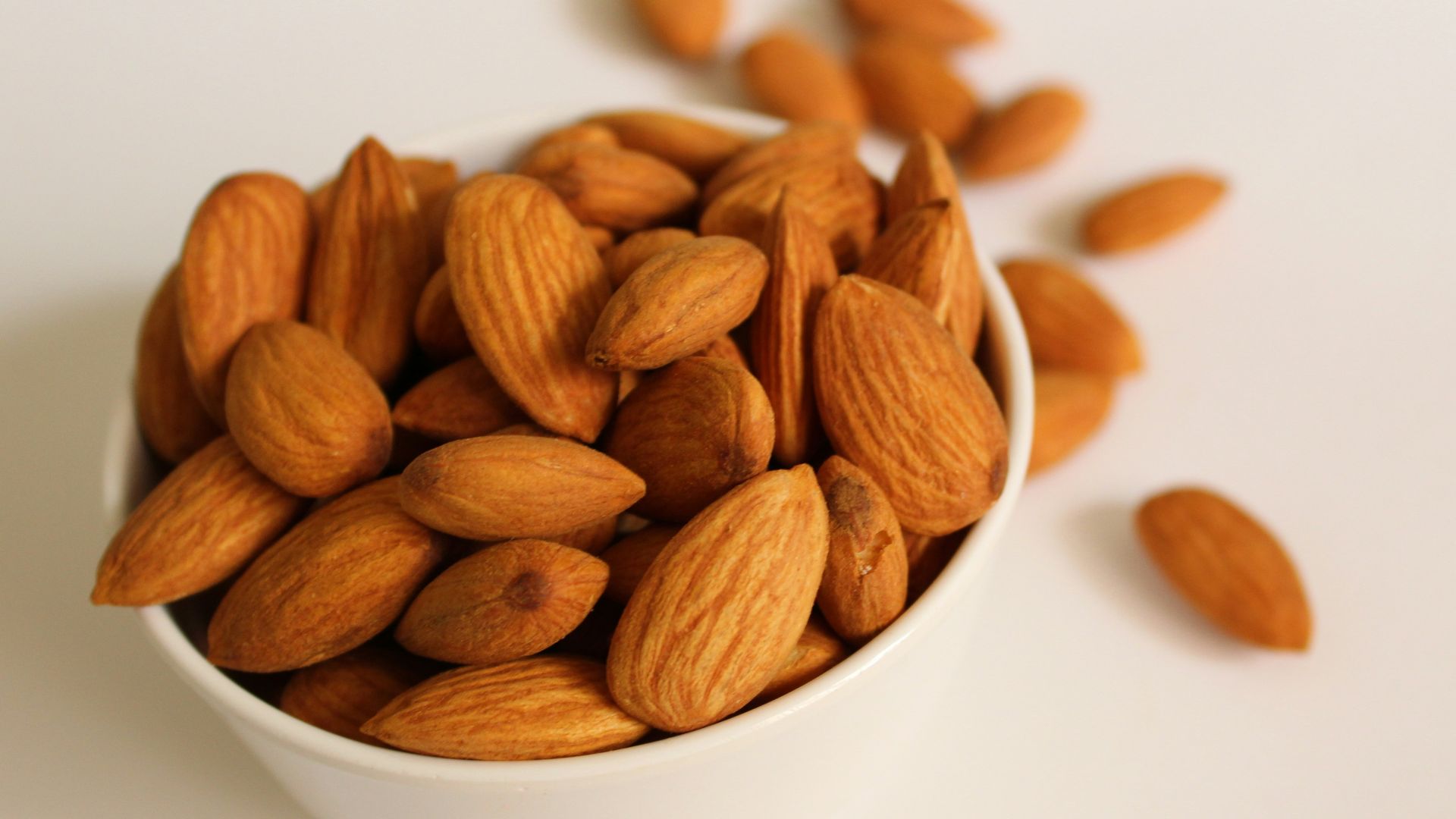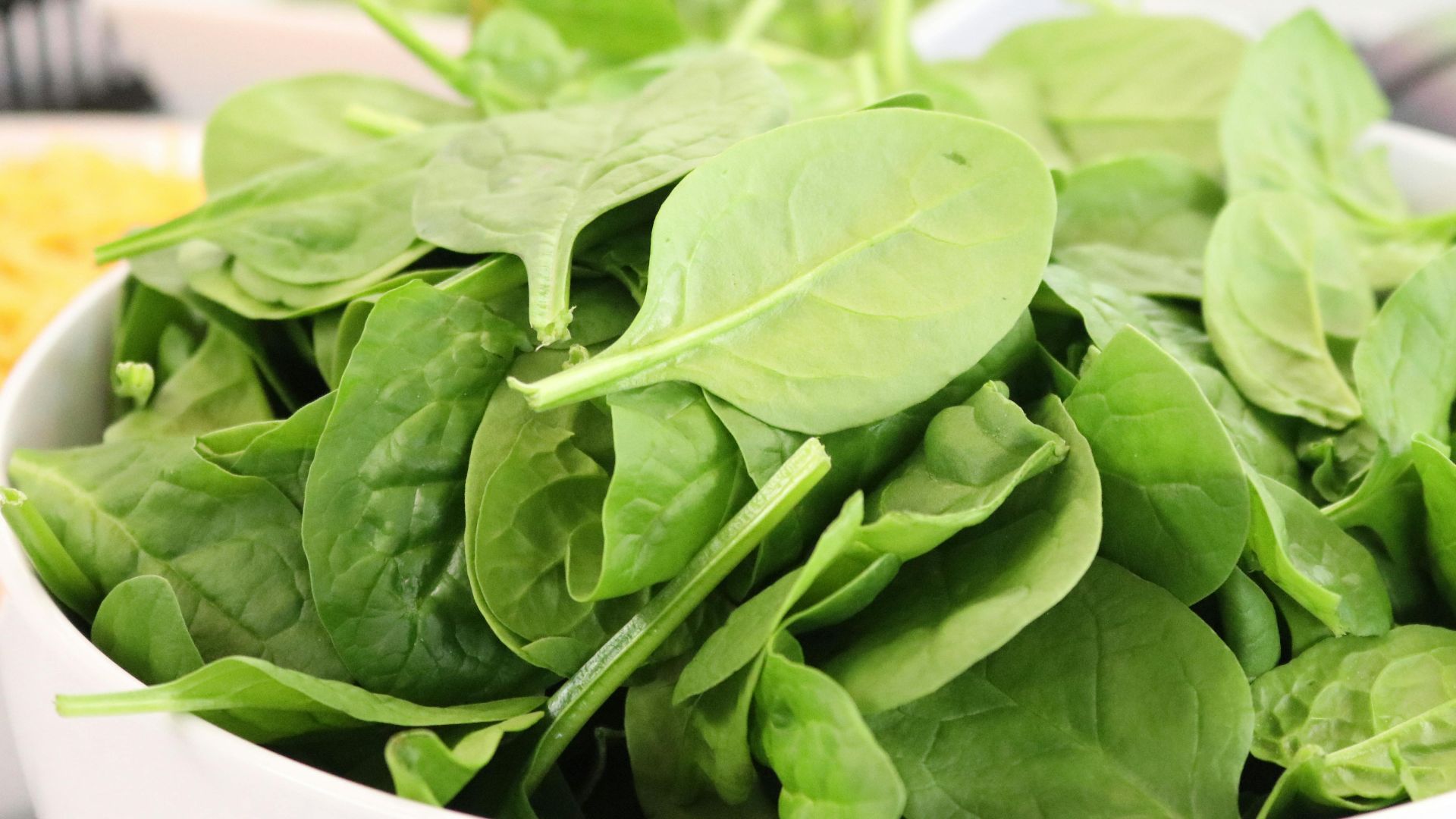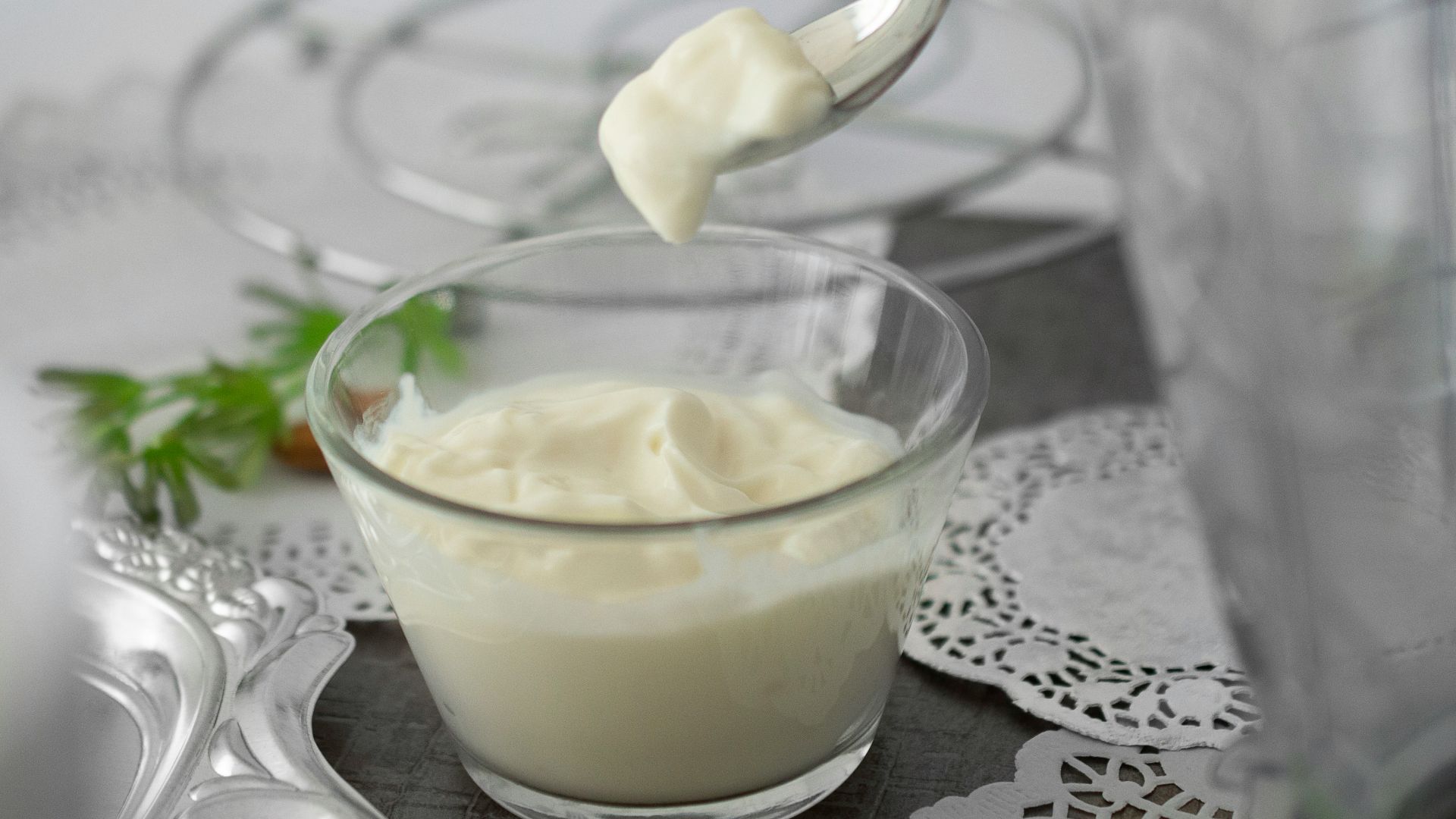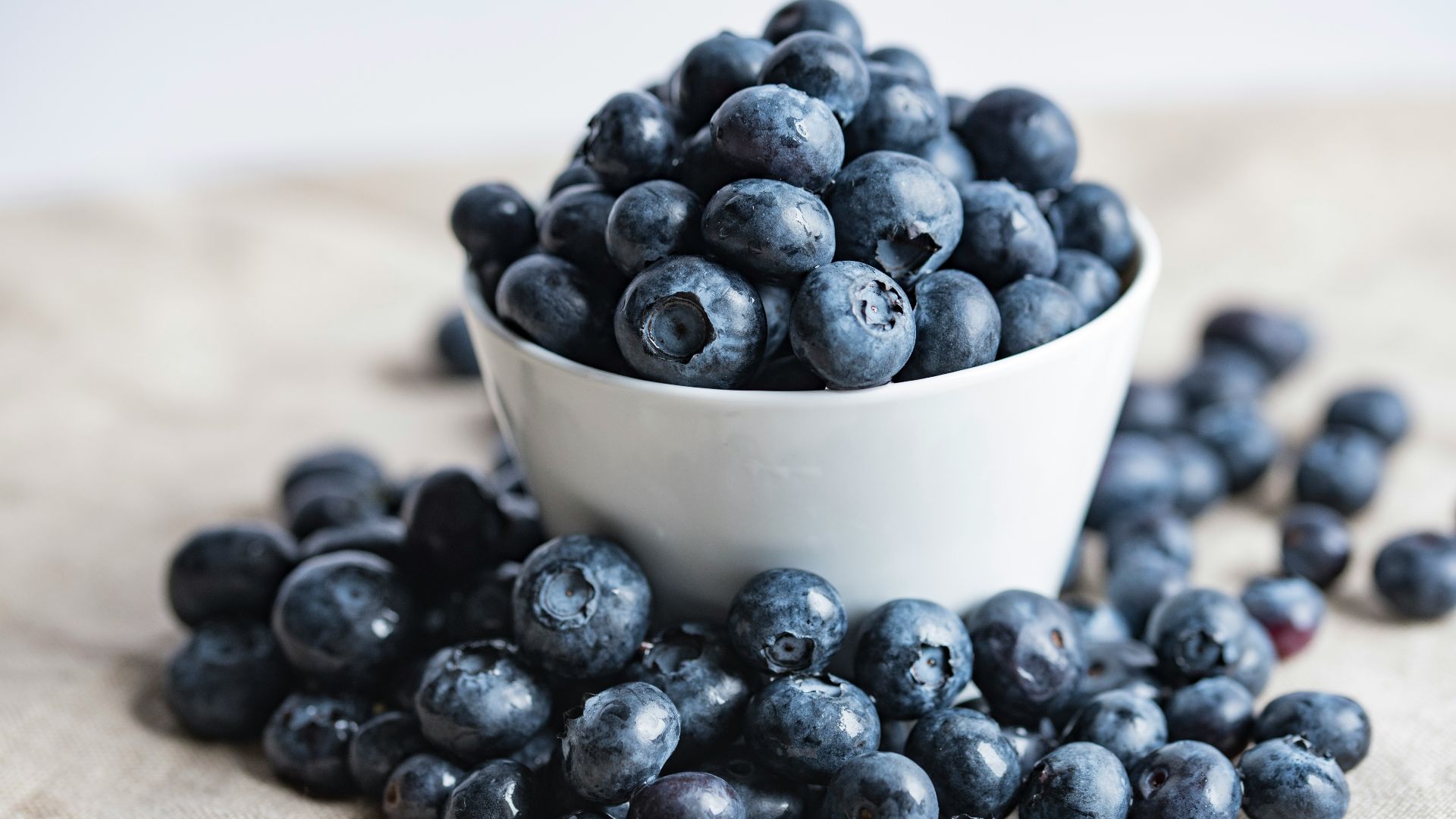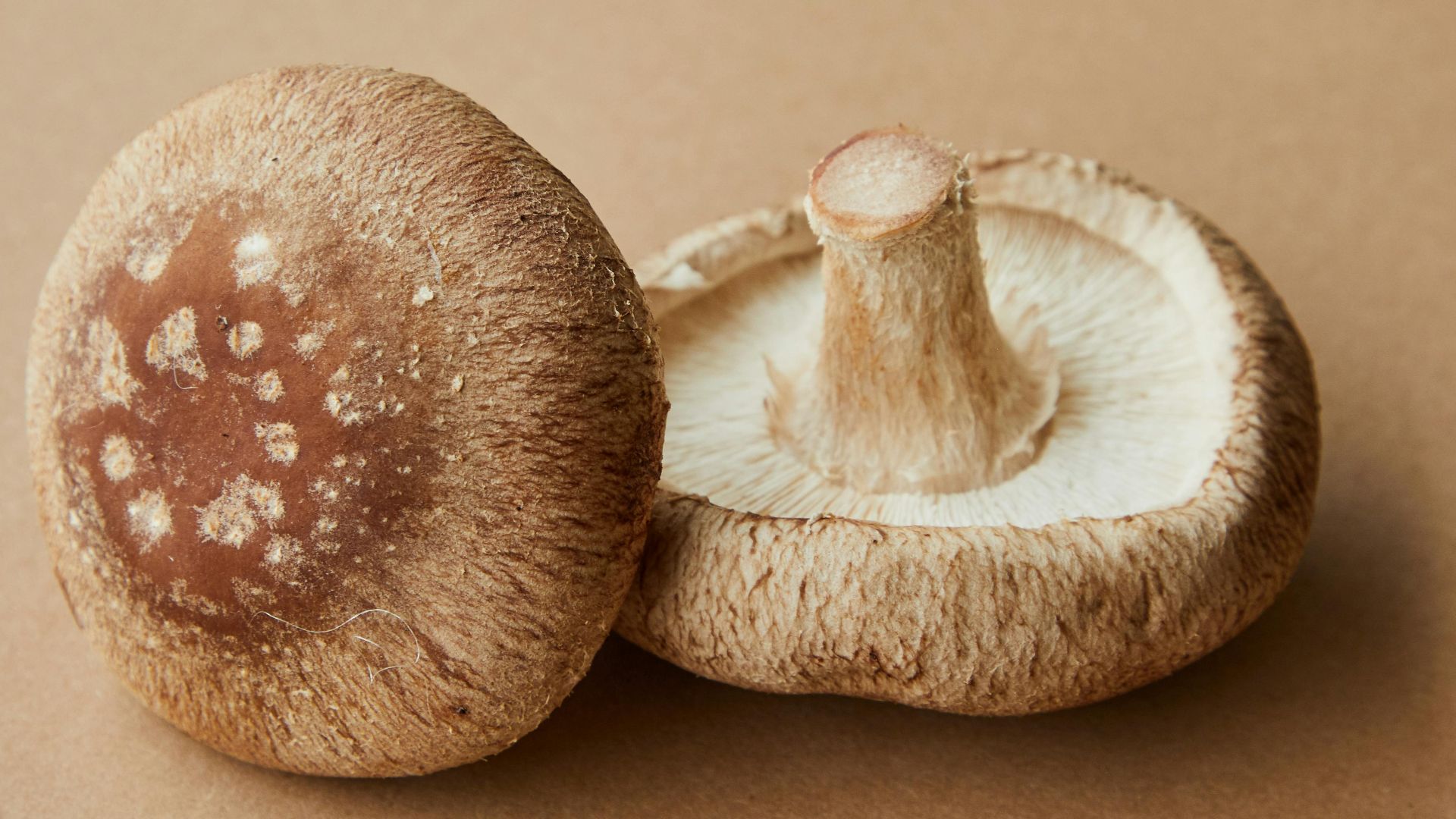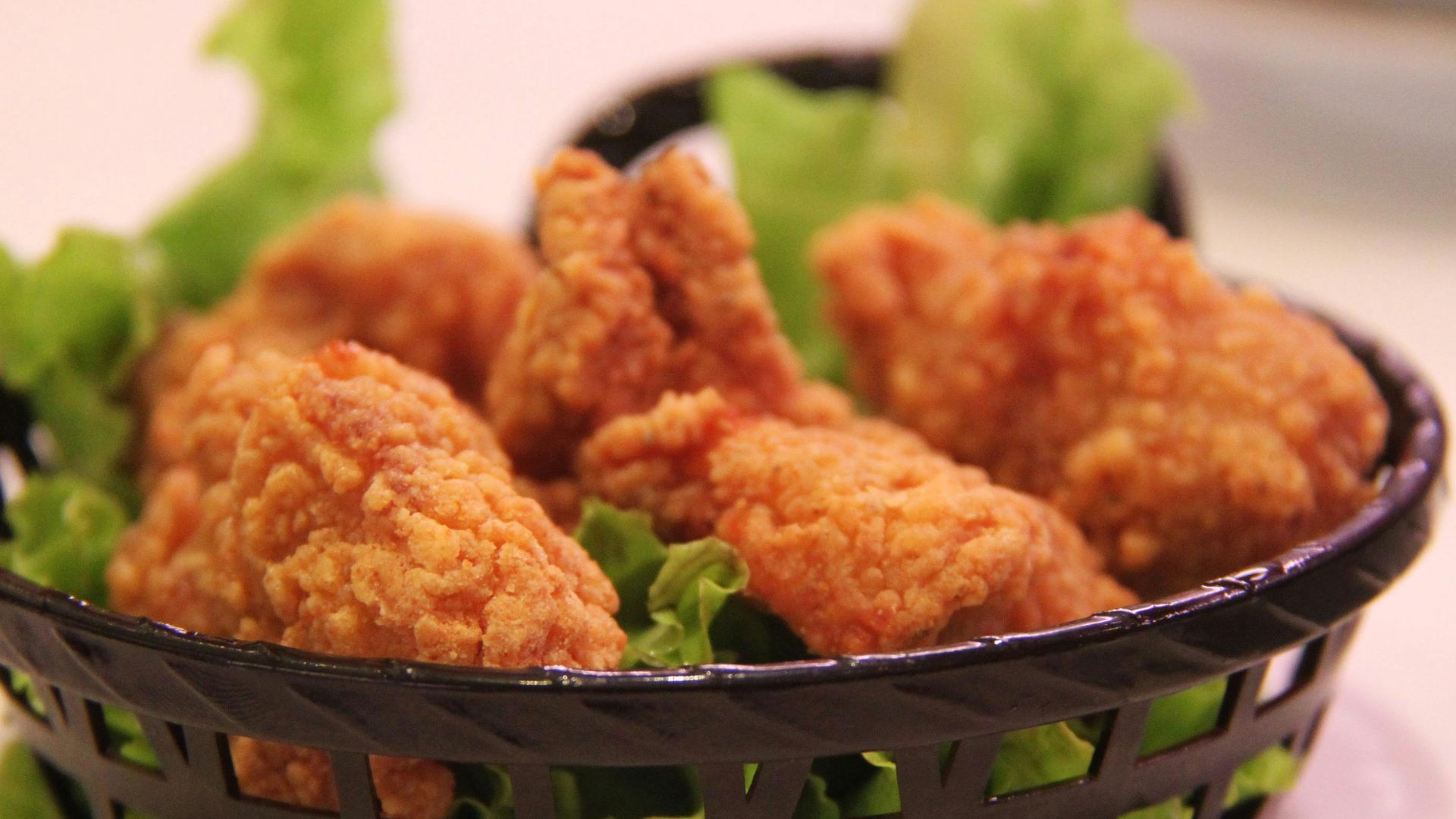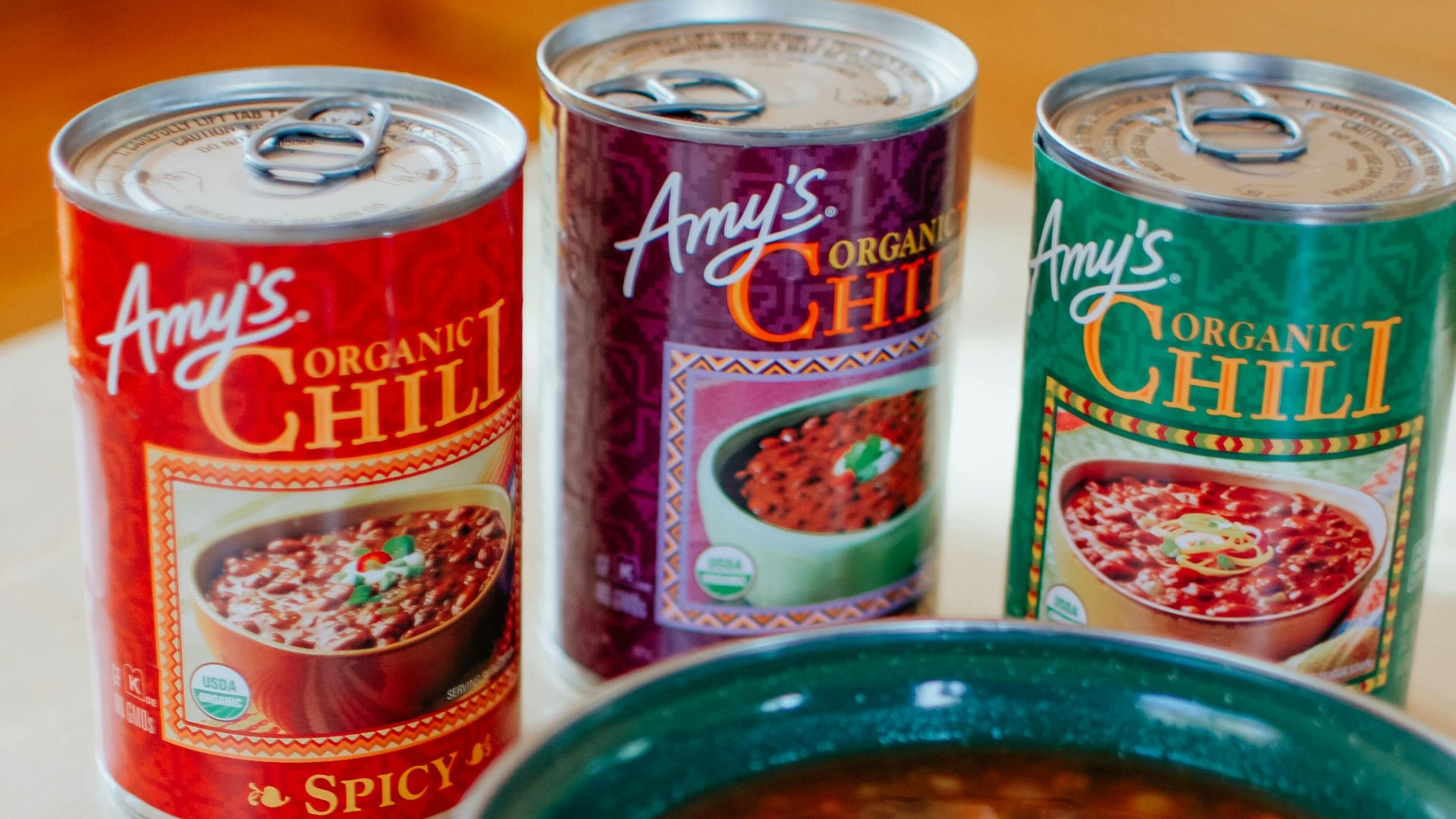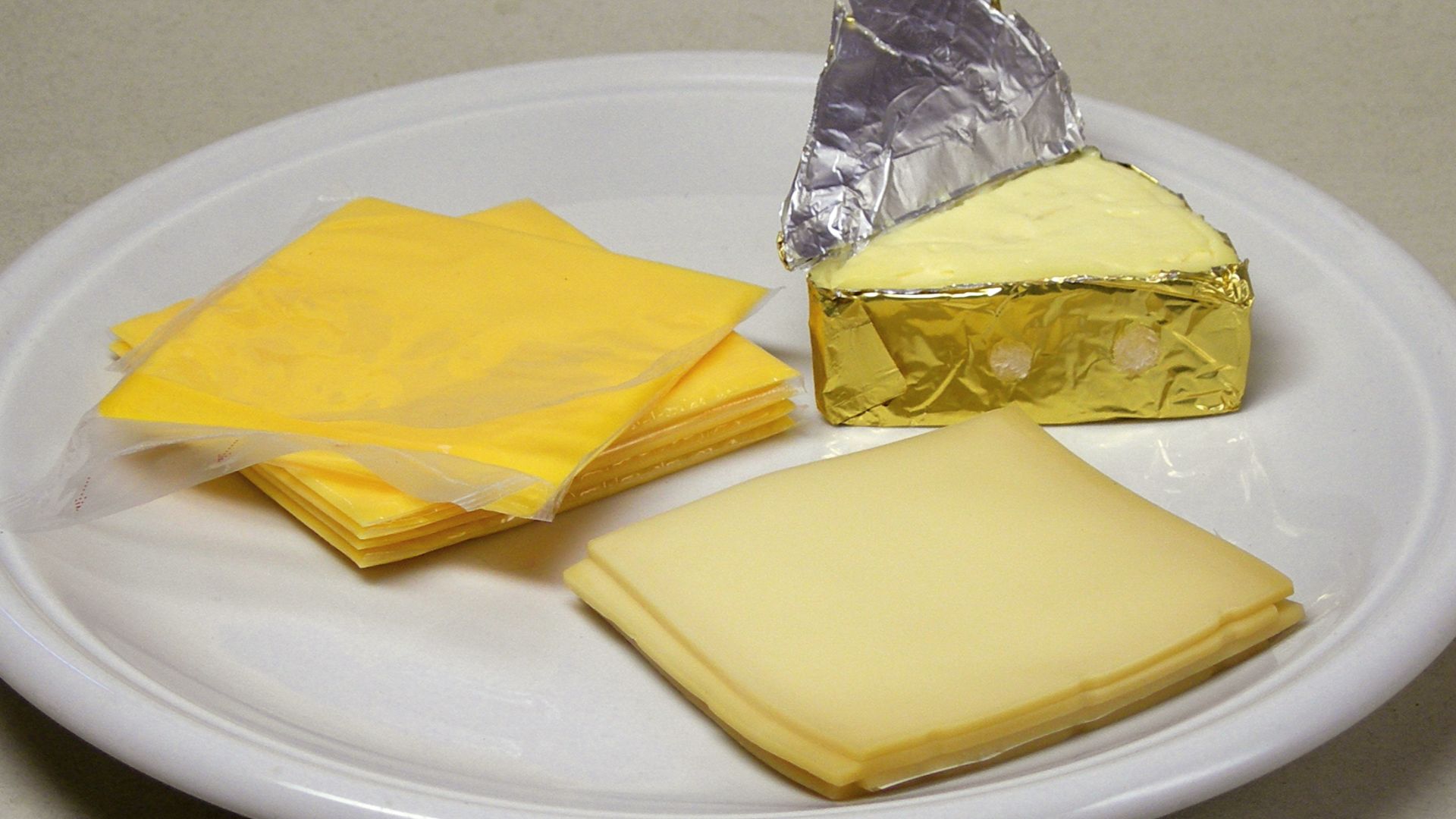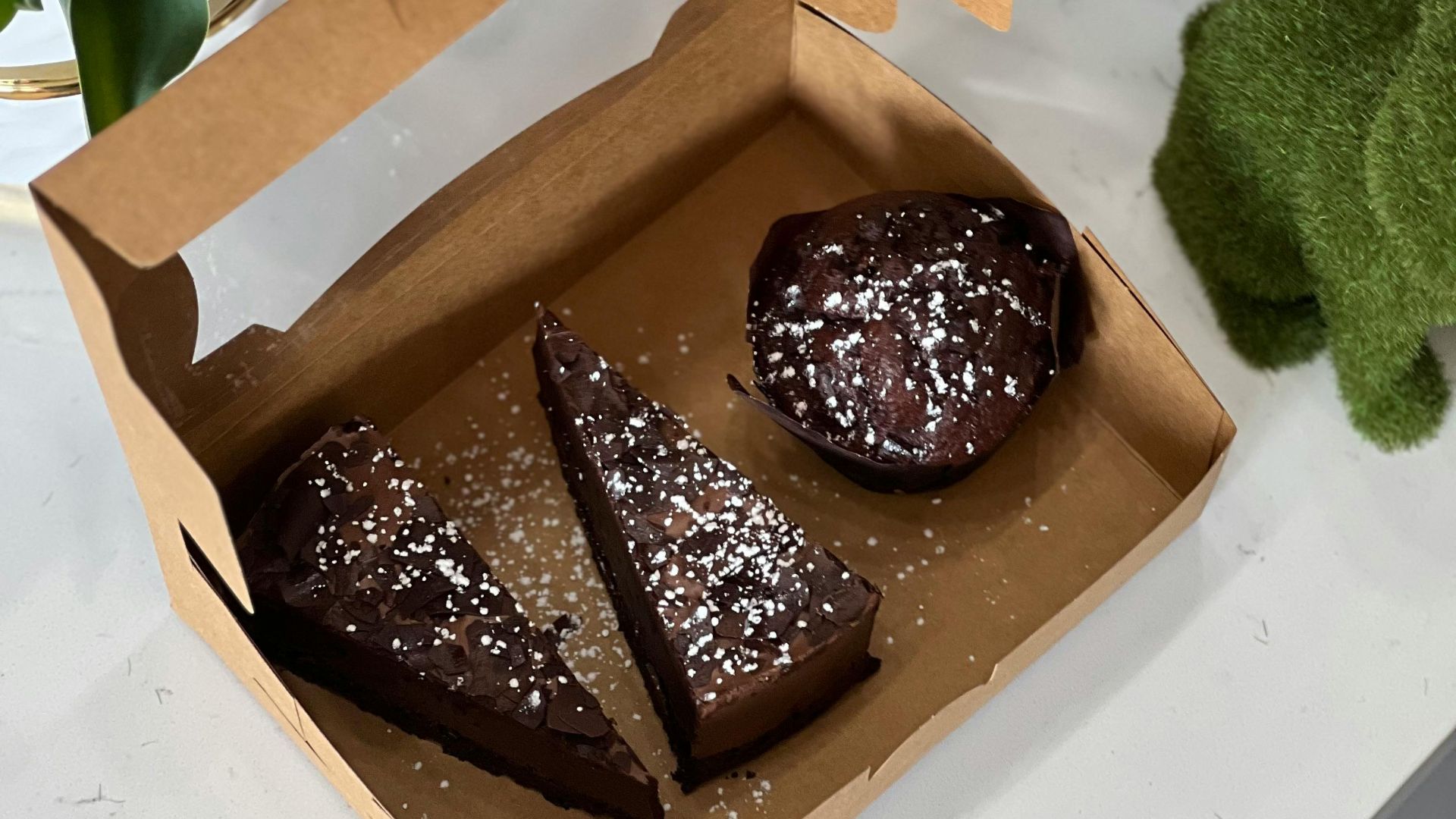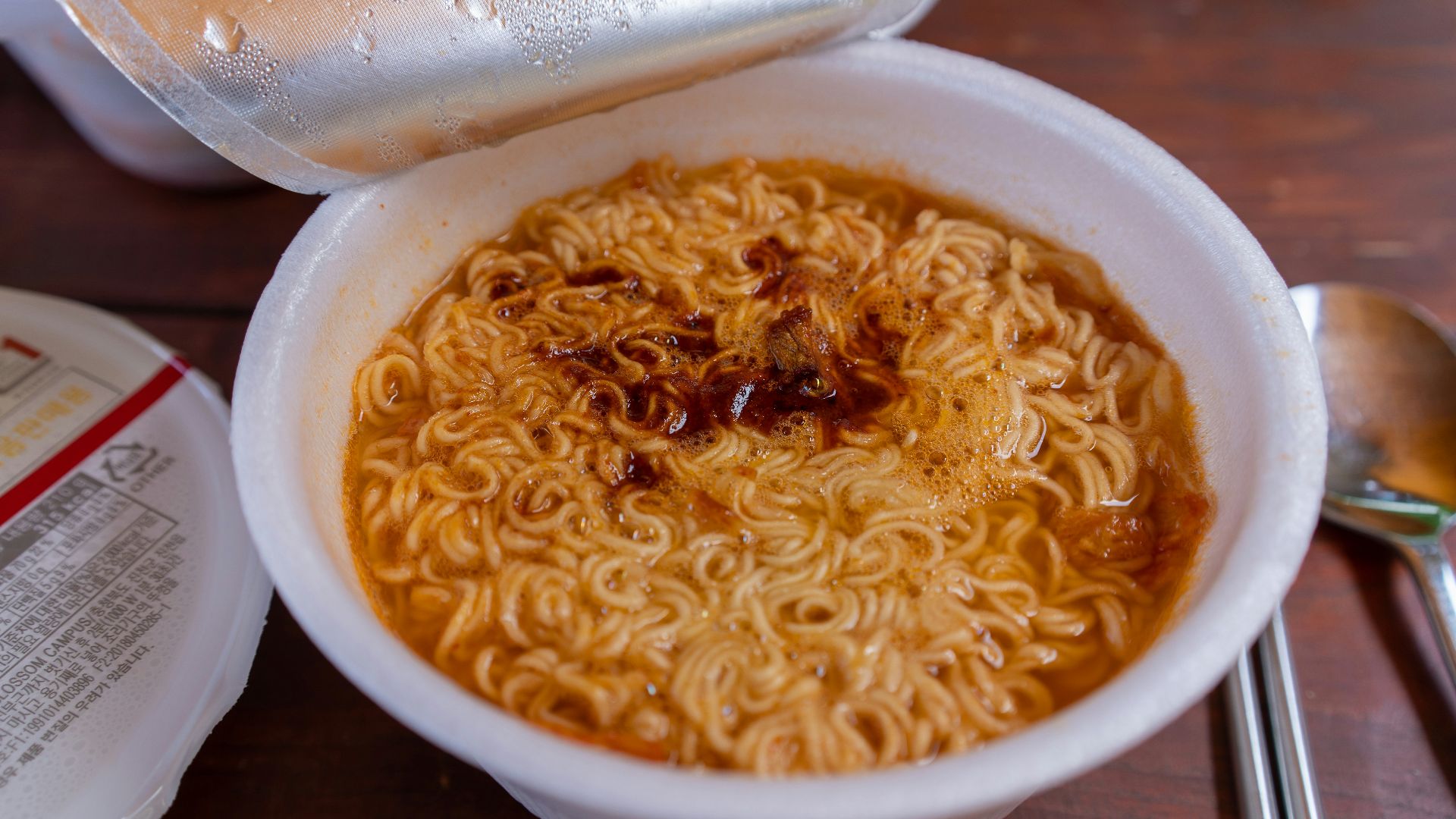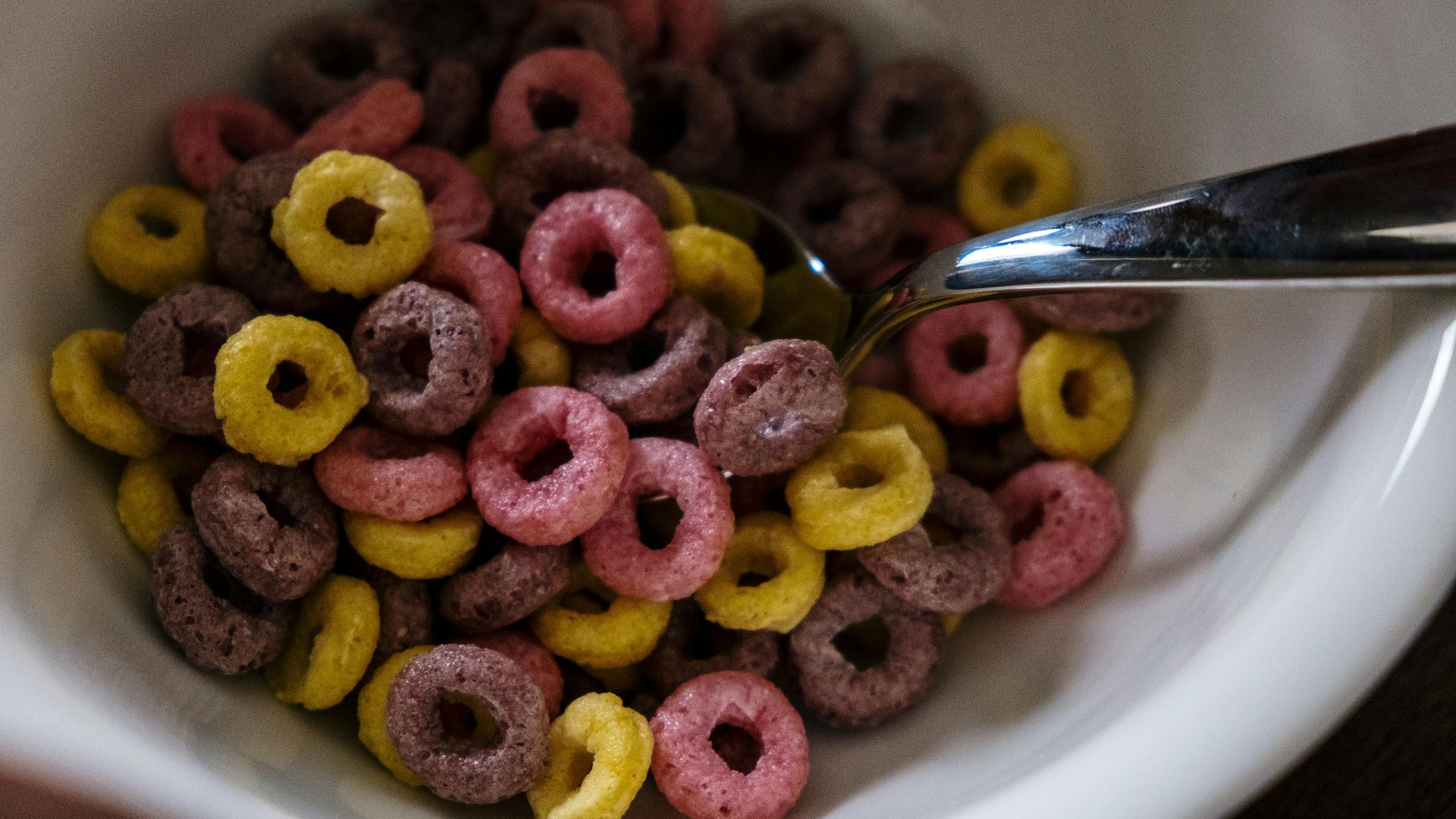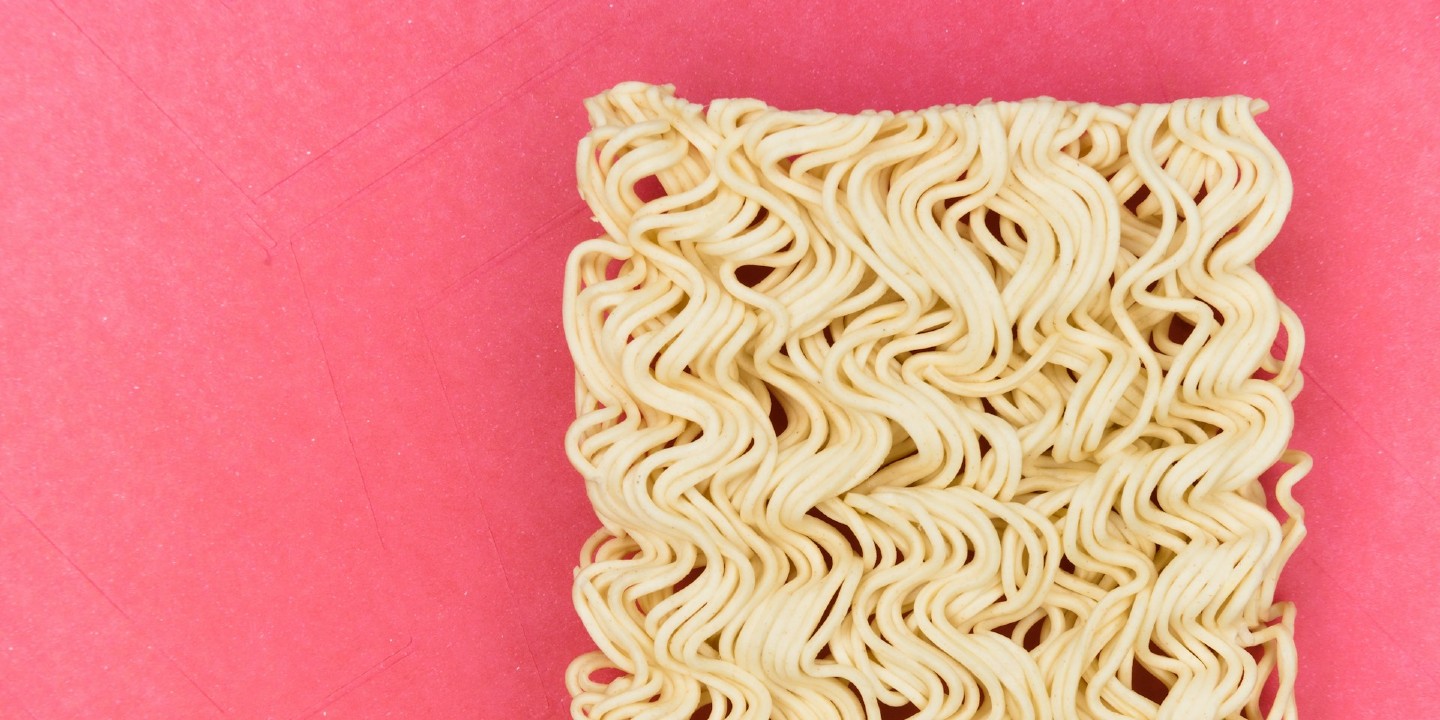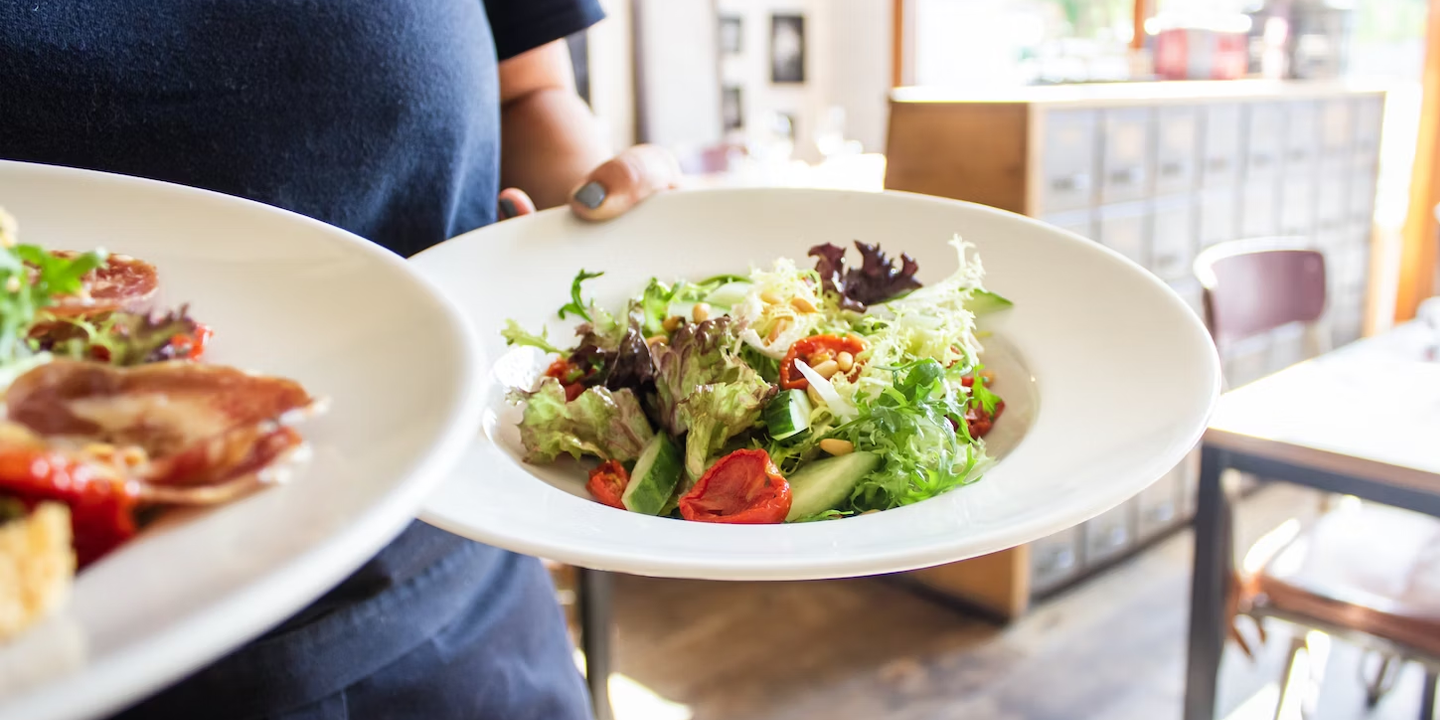Looking For An Immunity Boost?
Do you want to avoid those pesky colds going around? You don’t need kale sermons or fear-based food rules. What you do need is clarity. Some foods pull their weight while others completely throw everything off. The goal of this list is to highlight both beneficial and questionable foods when it comes to supporting your immune system. So, let’s start with the ones that give your immunity a real boost and the ones that weaken it.
1. Garlic
Sharp, sulfur-rich, and potent garlic activates your immune system like a well-trained guard dog. Allicin, its star compound, kicks in once crushed or chopped. Use it fresh and never overcook it, or you’ll sabotage its full protective power by degrading its bioactive sulfur compounds.
2. Ginger
Ginger does it all—steep it in tea, toss it into stir-fries, or blend it into smoothies. Its key compound, gingerol, helps activate white blood cells, your immune system’s first responders. It can also raise body temperature slightly, which may help the body fight off infections more efficiently.
3. Citrus Fruits (Orange, Lemon)
Citrus fruits are vitamin C powerhouses. Examples like oranges and grapefruits flood your system with antioxidants that help immune cells work more effectively. They also support your skin’s barrier—your body’s front-line shield against germs in the air.
4. Red Bell Peppers
With nearly triple the vitamin C of oranges, red bell peppers deserve a daily spotlight. Unlike green or yellow ones, these mature marvels also pack in carotenoids. They help enhance antibody production and reduce inflammatory stress in cells.
5. Almonds
Crunchy, protein-packed almonds deliver vitamin E, a fat-soluble antioxidant that guards your cell membranes. These nuts promote T-cell activation, leading to faster immune responses, and they also help balance the pro- and anti-inflammatory signals in your body.
6. Spinach
More than a leafy cliché, spinach supplies folate and iron, essential for immune cell production. You can steam it when cooking or blend it raw for smoothies. It fuels DNA synthesis in immune cells and supports rapid response during infections or wounds.
7. Yogurt (With Live Cultures)
Don’t underestimate those tiny cultures. Live probiotics in yogurt train your gut to fend off pathogens. They reinforce mucosal barriers and support the synthesis of immunoglobulin A, your body’s shield at mucosal surfaces, like in your nose and gut.
8. Turmeric (With Black Pepper)
Golden and vibrant, turmeric is packed with curcumin, a compound known to help balance the immune system. But here’s the trick: it works best when paired with black pepper, which boosts its absorption. Together, they help your immune cells communicate and respond more effectively.
 Photo By: Kaboompics.com on Pexels
Photo By: Kaboompics.com on Pexels
9. Blueberries
Small but mighty blueberries burst with anthocyanins that reinforce your cell membranes. These antioxidants neutralize free radicals and help activate killer T-cells. Their polyphenols support immune gene expression and microbial balance in your gut. To get all these, add them to oatmeal or smoothies.
10. Mushrooms (Especially Shiitake)
Earthy, fresh, and powerful shiitake mushrooms train your immune cells like seasoned instructors. Beta-glucans in their walls rally natural killer cells. They also increase secretory IgA levels, which shield the respiratory tract from airborne pathogens.
Some foods may seem impressive, but behind the scenes, they can cause trouble. You’ve probably seen a few hanging out in your pantry. Keep reading to spot the foods that do more harm than good.
1. Processed Meats (Hot Dogs)
Hot dogs come with a side of nitrates, sodium, and inflammation. They hammer your immune cells like junkyard bullies. These compounds reduce lymphocyte efficiency and promote oxidative stress. They also reduce overall immune response capacity.
2. Deep-Fried Foods
That crispy crunch hides oxidized oils and trans fats that clog arteries and weaken the immune system. Such fats impair neutrophil activity, which slows the body’s response to harmful invaders and encourages low-grade inflammation.
3. Refined Carbs (White Bread)
Refined carbs, such as white bread, spike your blood sugar, then crash it, prompting the body to crave more. They also promote the growth of harmful gut bacteria while starving the good ones, eventually weakening immune system coordination.
4. Fast Food (Burgers, Fries)
Fast food accelerates immune aging. This is because they contain high levels of sugar, sodium, and unhealthy fats, which can lead to chronic inflammation. This hinders the signaling between innate and adaptive immunity, and it leaves your system unprepared for real bacterial or viral attacks.
5. Ice Cream & High-Fat Desserts
These decadent treats, rich in dairy fat and sugar, hinder immune signaling. Saturated fat interferes with T-cell activation, while sugar suppresses phagocytosis. Phagocytosis is the method by which immune cells destroy harmful invaders.
6. Canned Soups (High Sodium)
Convenient yet cunning, canned soups can be a source of excessive sodium. Excess salt stiffens blood vessels and overworks the kidneys, which reduces blood flow to organs that regulate immune reactions, such as the spleen and liver.
7. Highly Processed Cheese
Not all cheese is created equal. Processed cheeses are high in saturated fats and excess sodium. These elements can increase inflammation and reduce the efficiency of immune signaling. Over time, this puts stress on both your cardiovascular and immune systems, making it harder to fend off infections.
8. Packaged Pastries
Those flaky convenience treats pack more than sugar, and they harbor hydrogenated oils and preservatives that disrupt immune signaling. Excess sugar suppresses white blood cell response, while additives increase oxidative stress. Their low fiber also deprives gut microbes, and this reduces immune training.
9. Instant Noodles
Quick to make, long to regret. Instant noodles often contain palm oil, excessive sodium, and MSG. That combo can spike inflammation and stress hormone levels. Instant noodles also lack immune-supporting nutrients, leaving your defense system undernourished and overburdened after repeated consumption.
10. Sweet Breakfast Cereals
Sugary cereals spike your blood sugar, which makes immune cells move more slowly and kill fewer germs. Now, if you think fortification helps, it does, but not enough to cancel out the sugar spikes. Even whole-grain versions lose value when coated in high-fructose corn syrup.



